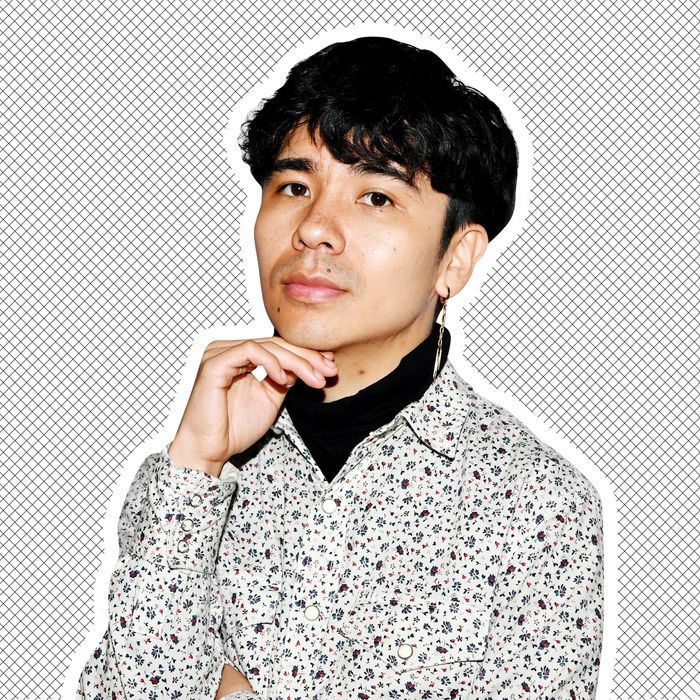

No longer a “Little Dog” (his namesake in On Earth), there are signs that he’s matured and hardened as a result of his losses and introspection, and grown stronger, more akin now to a “Bull,” the title of the collection’s first poem. The “I” in these poems stays close to Vuong’s signature underdog voice: young, modest, solitary, resilient. In “Amazon History of a Former Nail Salon Worker,”a two-year inventory of online purchases made by Vuong’s mother is used to reconstruct a portrait of her and honor the intimate memories of the mother-son relationship, with items such as “Birthday Card-Son-Pop-up Mother and Son effect” in the first year, and in the second year, as an eerie premonition, “Birthday Card-‘Son, We Will Always Be Together,’ / Snoopy design.” ” Other woeful poems rely on lists, repetition, and accumulation. The latter opens with phrases that unmistakably trace back to On Earth: “Let me begin again now / that you’re gone Ma / if you’re reading this then you survived / your life into this one. Four poems in the collection take the form of letters, such as in “Dear Sara,” a response to his seven-year-old cousin’s questions around the point of writing, and in “Dear Rose,” a thirteen-page elegy to his late mother. These poems are episodic, multiform, intimate, and aptly so, mirroring the way we carry grief and mourning. And the word for weakness is Yếu.” Language is always in flux and context-dependent: “How you say what you mean changes what you say.” But it can also be wretched, as he brashly puts it: “ Time is a motherfucker, I said to the gravestones, alive / absurd.” Never one to settle on static definitions, Vuong challenges us to reconsider what words mean, whether it’s in his native Vietnamese or in English or both, translinguistically: “In my language, the one I recall now only by closing my / eyes, the word for love is Yêu. As the collection’s metaphoric title suggests, yes, time can be dear, loving, and nurturing. More specifically, its dual functions: how it both giveth and taketh. Here, it’s primarily through the prism of time’s passage. In Time Is a Mother, his second poetry collection and his first book-length release since his New York Times bestseller On Earth We’re Briefly Gorgeous, Vuong continues his meditations on themes of loss, grief, identity, and history. But I also say brutal, in that violence and loss continue to plague Vuong’s life: he’s had to contend with the harsh realities of growing up in poverty, as an immigrant and former refugee from Vietnam, and as a bookish queer boy navigating through a largely unsympathetic society. Eliot Prize and a MacArthur Fellowship, among countless others. Along the way up, he’s accrued a faithful audience, struck late-night talk-show stardom, and garnered prestigious awards, a T.S. I say kind in the sense that, from a career perspective, Vuong has ascended to the peak of literary prominence at a pace and to heights few contemporary poets can match.

Undisputedly, the years have been at once kind and brutal to Ocean Vuong.


 0 kommentar(er)
0 kommentar(er)
